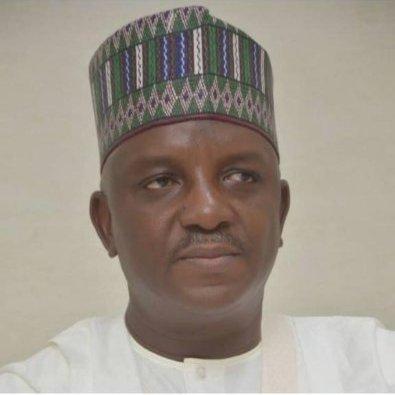
Nigeria has continued to tolerate losses from the supply of electricity to Benin, Togo and Niger republic.
It had also incurred debt from its supply of gas to several West African states on the sub-region’s gas pipeline company.

Minister of Power, Saleh Mamman, has disclosed government’s plan to complete Zungeru and Mambilla hydropower facilities as well as the 330 kilovolt Nigeria, Niger, Benin, Togo, Burkina interconnection power network as part of its move to meet the Economic Community of West African States West African Power Pool demand.
Mamman disclosed this in Abuja while speaking at the power pool’s General Assembly.
“Several of WAPP priority projects involving Nigeria are already under implementation,” he said.
While WAPP had recognised that power consumers in Nigeria and other West African countries pay the highest for electricity supply in the world, the ECOWAS Master Plan for the Development of Regional Generation and Transmission Infrastructure has an investment requirement of about $36.4bn.
Represented by the Minister of State for Power, Goddy Jedy Agba, Mamman disclosed that procurement has started for some key projects in pursuant to preparation of the WAPP Median Backbone involving Nigeria, Benin, Togo, Ghana, and Cote d’Ivoire.
It is expected that the second transmission line from Nigeria to Benin/Togo would be ready for financing next year.
“The development of the 330 kilovolt WAPP Eastern Backbone in Nigeria that shall be from Calabar to Jogana through Kashimbila shall commence soon.
“We shall therefore, look forward to the usual solidarity and engagement with the partners in the realisation of these projects,” Mamman stated.
WAPP’s Executive Board Chairman, Usman Mohammed, who also spoke at the general assembly, said that the bloc is steadily approaching the full operationalisation of a regional electricity market within the ECOWAS sub-region that would yield socio-economic benefits and uplift the well-being of the ECOWAS citizenry.
He said the directive on the securitisation of cross-border power trade in the regional electricity market that was adopted by the ECOWAS Council of Ministers in December 2018 must be deployed to address imminent challenges.
To ensure the realisation of the body’s aspirations, Mohammed said it was critical to reinforce collaboration with financial partners in order to make certain the key underlying issues, which could affect the group are addressed.
According to him, the region must ensure the realisation of a seamless and efficient power grid, attain market functionality and the existence of the right knowhow to manage both technical as well as market-related issues.
Mohammed disclosed that the construction of the WAPP Information and Coordination Center in Benin continues to progress and its completion will fundamentally change the landscape of the electricity business within ECOWAS given that significantly more options shall be available to meet the power supply needs of the member states.
Nigeria has continued to tolerate losses from the supply of electricity to Benin, Togo and Niger republic.
It had also incurred debt from its supply of gas to several West African states on the sub-region’s gas pipeline company.